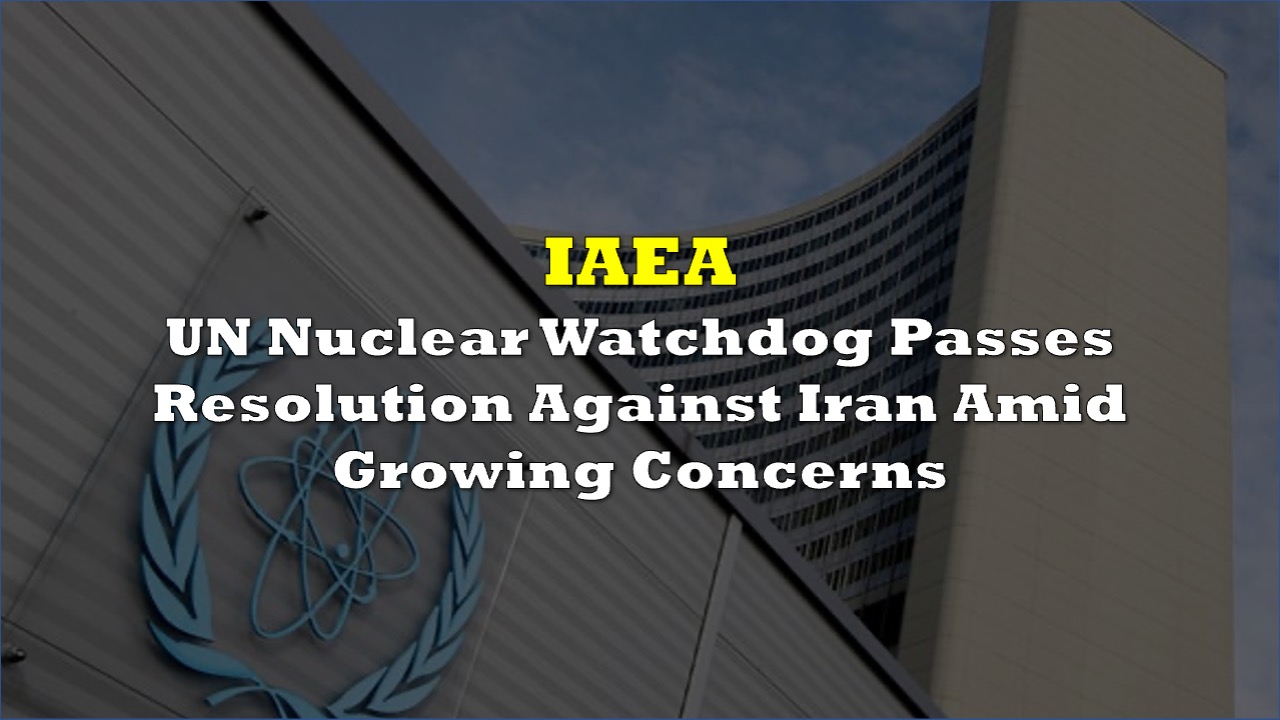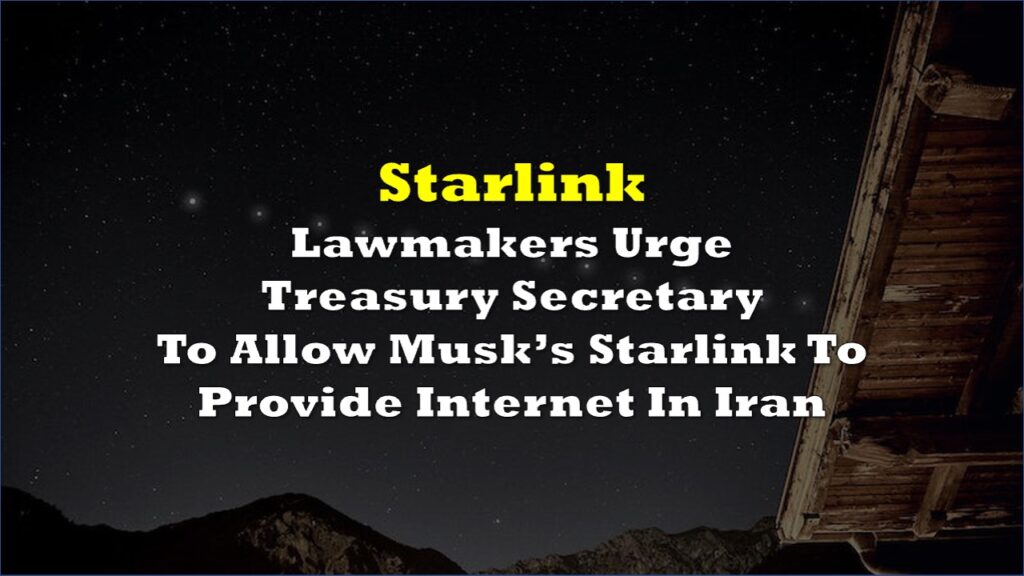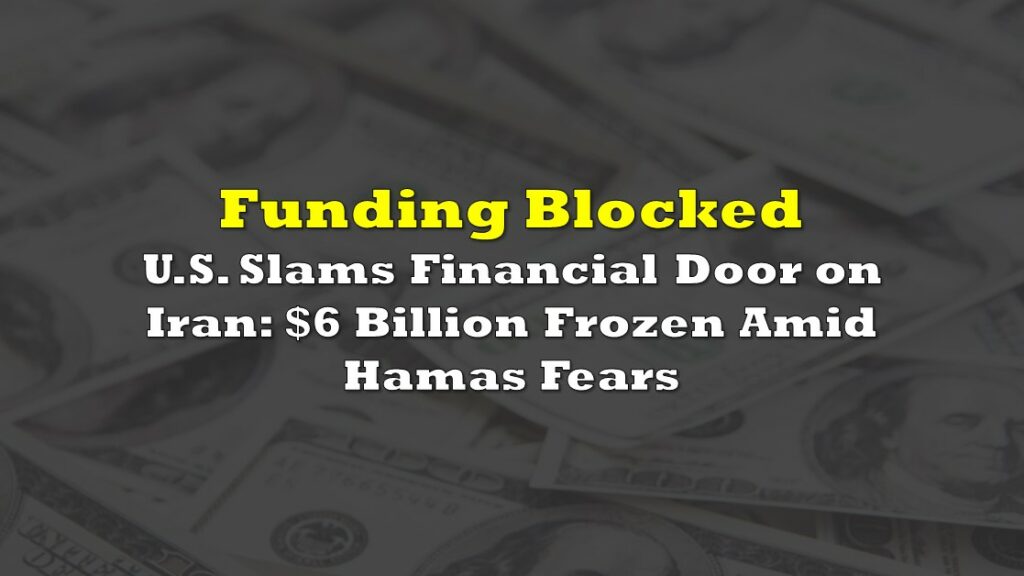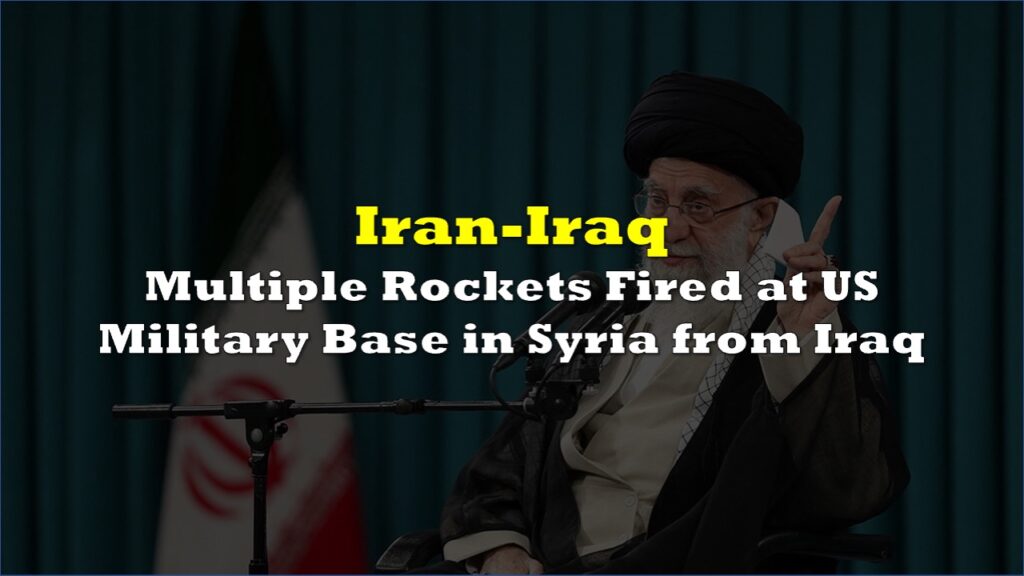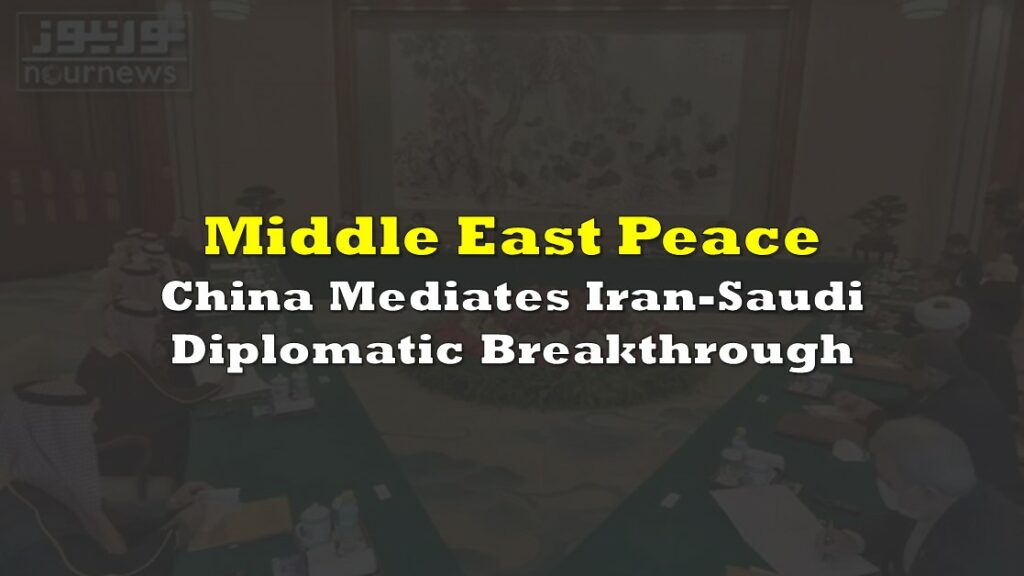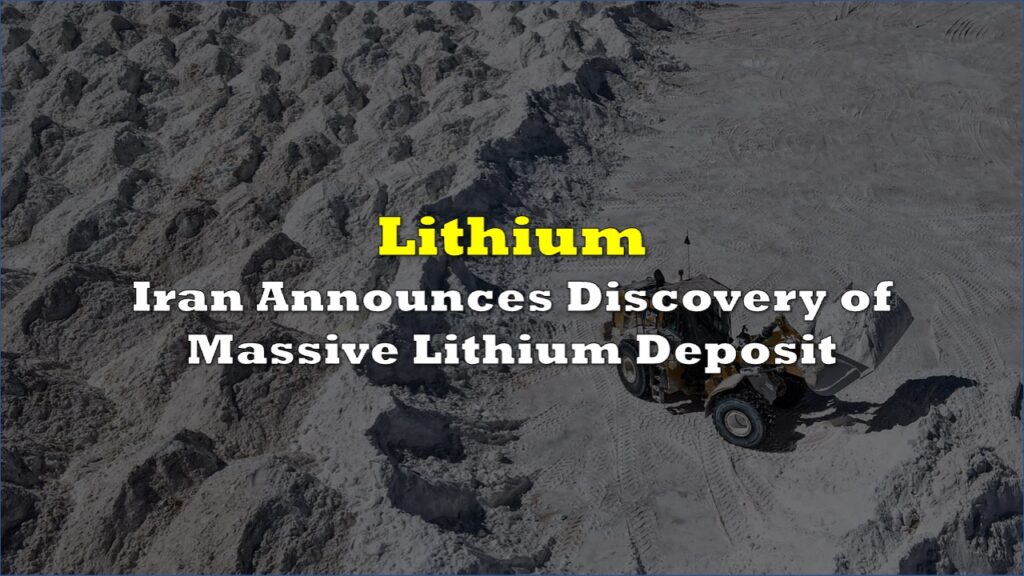The International Atomic Energy Agency (IAEA), the United Nations’ nuclear watchdog, passed a resolution censuring Iran on Wednesday over its lack of cooperation with inspectors regarding its uranium enrichment program. The resolution, sponsored by France, Britain, and Germany, comes amid growing concerns about Iran’s nuclear advancements and its refusal to grant access to IAEA inspectors.
The vote, which took place in Vienna, saw 20 members of the 35-member IAEA board vote in favor, with 12 abstentions and two votes against from Russia and China. This shift in position from Russia and China, who previously supported efforts to contain Iran’s nuclear capabilities, highlights the changing geopolitical landscape.
While the resolution is not legally binding, it carries political weight and follows a similar censure in November 2022, which Iran failed to comply with. The United States, although concerned about the situation, worked to tone down the resolution’s wording to avoid provoking a crisis in an already volatile Middle East.
Iran maintains that its nuclear program is for peaceful purposes, but recent statements from senior officials suggest that the country could revise its nuclear doctrine if faced with existential threats from other nuclear powers, such as Israel and the United States.
Observers warn that the resolution, while merited, may backfire, with Iran potentially doubling down on its actions. The vote comes just two weeks after the deaths of Iran’s president and foreign minister in a helicopter crash, adding to the sensitivity of the situation.
Iran and seven of its allies, including Russia and China, issued a joint statement condemning the censure, arguing that it violates diplomatic norms given the country’s ongoing mourning period. They warned that the resolution would have “the opposite effect” of its intended purpose.
China, Russia, Belarus, Syria, Nicaragua, Venezuela, Zimbabwe and #Iran issued a joint statement, saying that if the draft resolution on Iran is adopted, it would be another “mistake and miscalculation, inevitably leading to confrontation”. pic.twitter.com/7w3ntN49K8
— Iran Nuances (@IranNuances) June 5, 2024
The resolution outlines a range of concerns about Iran’s nuclear program, particularly the presence of uranium traces at undeclared locations. It calls on Iran to allow inspectors to take samples and lift prohibitions on the agency’s top investigators examining necessary sites within the country.
Information for this story was found via the New York Times, and the sources and companies mentioned. The author has no securities or affiliations related to the organizations discussed. Not a recommendation to buy or sell. Always do additional research and consult a professional before purchasing a security. The author holds no licenses.

